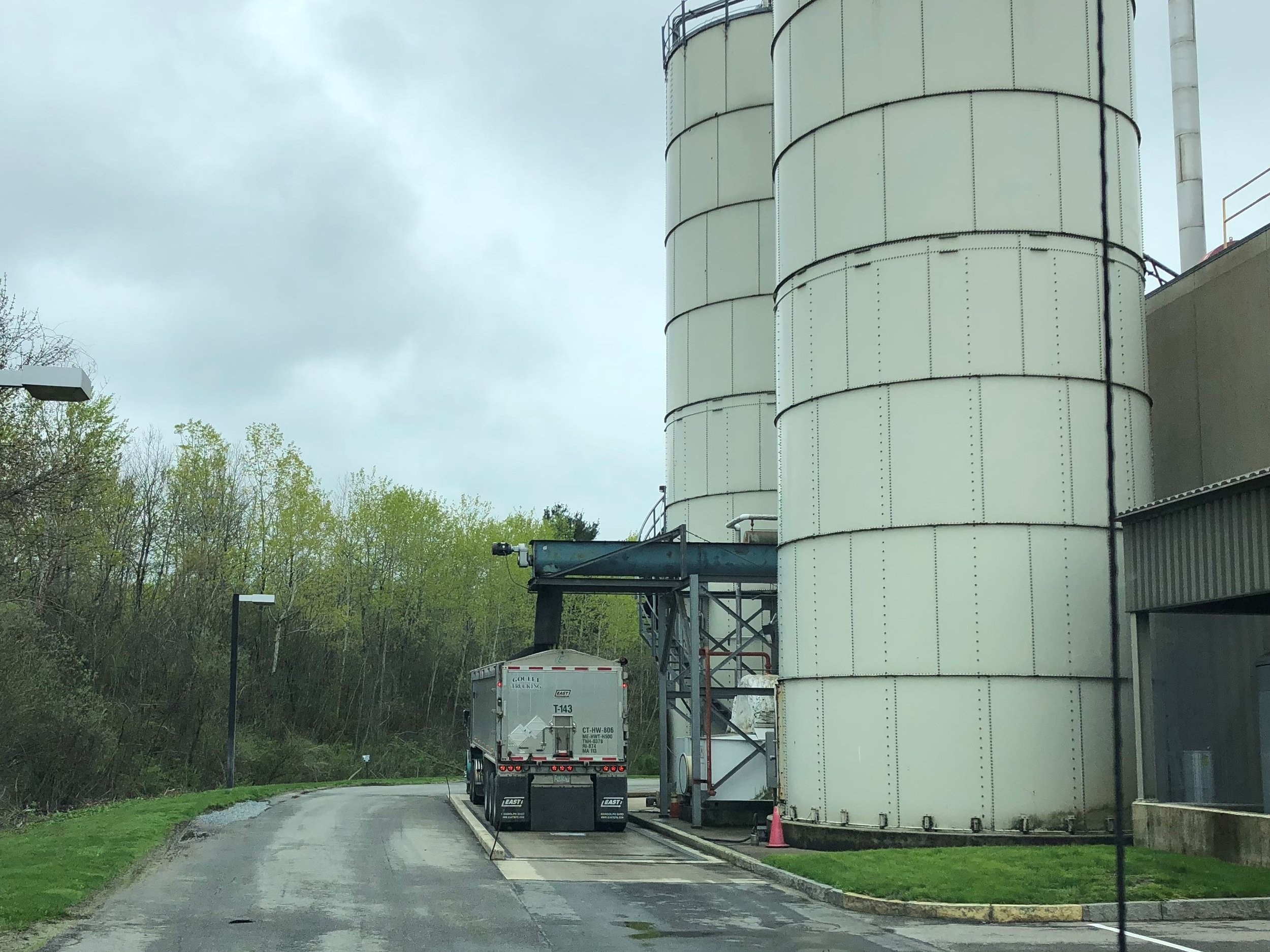Biosolids Disposal
Background
New England is facing a biosolids management crisis. A confluence of events in recent years has led to a condition where there are more biosolids generated in our region than we have the current capacity to process and manage. Disposal and reuse options are evaporating, and costs to municipalities are skyrocketing. MCWRS serves our members by monitoring developments in this space and educating stakeholders when advocacy is needed. Most of the decisions that have driven us to crisis were implemented to address other concerns without enough regard for the consequences. MCWRS believes engagement between lawmakers, regulators and the regulated community is essential to find solutions that support a circular economy for our citizens now and in the future.
There are three primary categories of disposal for wastewater biosolids: land application, incineration, and landfill. In New England biosolids have been managed somewhat differently than in the rest of the country. This is primarily a result of the density of the population and the short growing season. For many decades there has been less land application of biosolids, less landfilling and more incineration in this region. Public pressure has driven the closure of options without helping to encourage new sustainable choices. The newest biosolids management facilities in the region generate energy from digestion and a fertilizer product designed for land application. Most of this fertilizer is trucked to other states for agricultural use or disposal.
Biosolids management isn’t just an issue for wastewater treatment facilities (WWTF); virtually every household relies on biosolids management. Even homes with septic systems eventually send concentrated waste to a WWTF when the septic tank is pumped as part of routine maintenance. A crisis in biosolids management could result in septic system waste having to be delivered outside of the state.
Moving Forward
MCWRS will continue to advocate and support policies that will allow for responsible management of biosolids and will maintain all three disposal options while encouraging development of new technologies to address emerging contaminants and support a circular economy.
MCWRS Advocacy and Resources
Senate Bill 2053, An Act establishing a moratorium on the procurement of structures or activities generating PFAS emissions
Senate Bill 2053 would place a moratorium on new biosolids incinerators, further limiting the ways in which utilities can dispose of biosolids.
It is imperative that the general public understand PFAS are not added to wastewater at treatment facilities, but instead comes from people in sewered areas or with septage who discharge PFAS contaminated wastewater. Wastewater treatment facilities are stewards of the environment, and help eliminate PFAS contamination.
This contamination can happen quite readily since PFAS are present in numerous household products. Until the use of PFAS are phased out, everyday discharges to the sewer or septic system by the residents and businesses of Massachusetts will add some PFAS to wastewater, which may end up in biosolids. Massachusetts government needs to find safe biosolids disposal options within its own state and not expect other states or countries to solve our issues. A moratorium on new biosolids incinerators as proposed in S. 2053 would not be a helpful step toward enlightened management of biosolids or PFAS.
Massachusetts government needs to find safe biosolids disposal options within its own state and not expect other states or countries to solve our issues. A moratorium on new biosolids incinerators as proposed in S. 2053 would not be a helpful step toward enlightened management of biosolids or PFAS.
In September 2020, we hosted a webinar discussing PFAS in biosolids in more depth. Members can access a recording of this webinar free of charge by contacting info@mcwrs.org.


